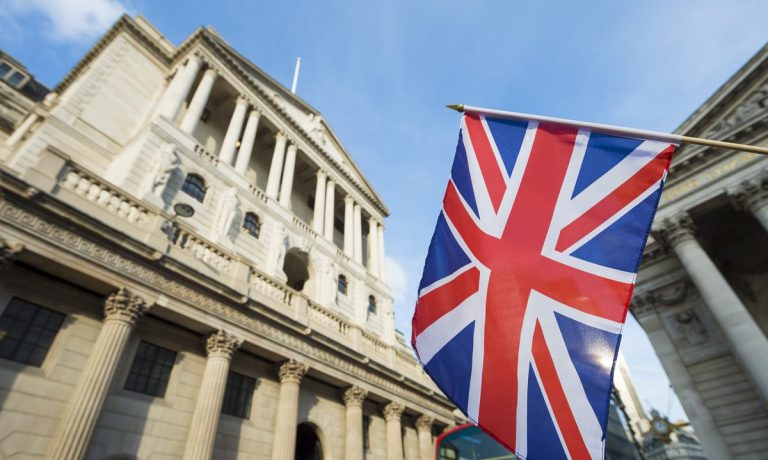UK Takes Steps to Protect Cash, Reduce Consumer Borrowing and Support FinTech Growth

A December 2021 report published by Her Majesty’s Treasury and the U.K.’s Department for Work and Pensions (DWP) has outlined measures that will help boost financial inclusion and financial capability for more people in the U.K., as the country moves toward its recovery from the COVID-19 pandemic.
The report states that these measures will help people move beyond “the basic necessity of being able to open your first bank account, to accessing credit, insurance, and the right mortgage products at an affordable price, and when planning for retirement.”
One of the major areas the government has been tackling over the last year is consumer borrowing, which has skyrocketed since the onset of the pandemic. In partnership with the Financial Conduct Authority (FCA), the government has been working to ensure that borrowers facing financial difficulty receive adequate support to manage existing mortgages and consumer credit products.
“In October, the government launched a consultation to seek stakeholder views on the best way to introduce a balanced and proportionate regulation of buy now, pay later (BNPL) products, which is open until 6 January 2022 and will be used to inform final decisions about the scope and form of regulation,” the reported stated.
Cash is Still King
The report listed access to cash, banking and bank accounts as the three key pillars of financial inclusion, helping people pay for goods and services and receive an income whether in the form of a salary, pension, benefits or tax credits.
It’s the reason why the U.K. government worked closely with financial regulators during the pandemic “to ensure that firms-maintained access to essential banking services such as cash, while balancing the needs of customers, safety, and the welfare of staff,” the report stated.
But when it comes to payment methods, the report added that more people in the U.K. are moving away from cash and toward cards and other digital payment methods, particularly in the wake of the pandemic, a trend that has “likely accelerated the longer-term decline in cash use.”
However, the government recognizes the continued importance of cash for the millions of people across the U.K who still use it for their day-to-day purchases, particularly vulnerable or digitally excluded consumers.
“Indeed, cash remains the second most frequently used payment method in the UK; as of 2020, cash represented almost a fifth (17%) of the total number of payments made,” the report indicated.
As a result of its popularity and to “protect cash in the future,” the government has committed to legislation that will ensure that the country’s cash infrastructure remains sustainable in the long term, in addition to previous legislative changes that have been made to support the widespread offering of cashback without a purchase by shops and other businesses.
Boosting FinTech Growth
The U.K. was the first country to develop open banking standards, which are part of the revised Payment Services Directive (PSD2) that went into effect across the U.K. and Europe in 2018 and have since been one of the key drivers of financial inclusion.
The scheme allows customers to share their financial data securely with third-party providers and enables FinTech firms to offer them a broad range of innovative services including automatic price comparisons and affordable lending options.
As part of its strategy on financial inclusion, the U.K. government expects the open banking rollout process, which it began implementing in 2017, to be completed in early 2022. This is crucial because open banking-enabled services have the potential to save individual consumers up to 12 billion pounds ($15.8 million), the report stated.
“For instance, account information services can identify what individuals and households spend on household, insurance, and mortgage bills, and if there may be cheaper alternatives available which can benefit vulnerable individuals and households.”
To further support the broader FinTech sector which “has become an increasingly important part of the financial inclusion agenda,” the government has been seeking to create an environment in which fintech firms can scale and thrive.
Earlier this year, the government announced the introduction of a new “scale-up” visa stream in spring 2022 to attract global talent and to boost the FinTech workforce.
The government has also committed to providing 5 million pounds in seed funding toward the establishment of a new industry-led Centre for Finance, Innovation and Technology (CFIT), which was “a key recommendation of the Kalifa Review and will aim to tackle barriers to growth and accelerate the UK fintech sector.”